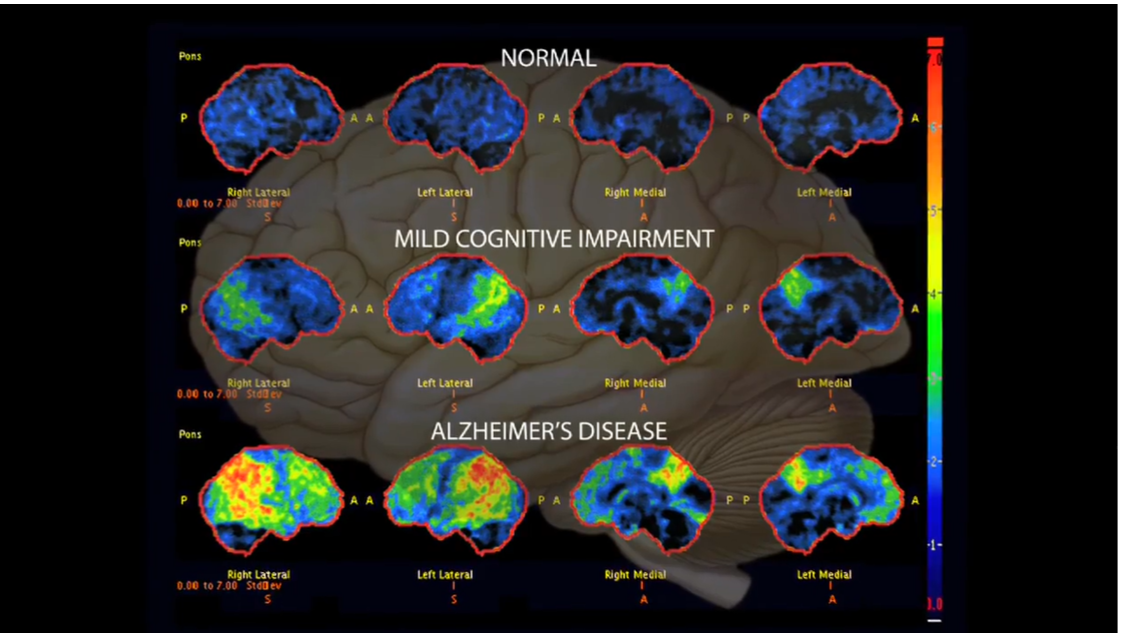
If you’re worried that someone you love or close to you may have Dementia, knowing how to start the diagnostic process can feel overwhelming. Making that first doctor’s appointment—and following through with it—is difficult, whether you’re the one experiencing concern or a worried family member or friend.
However, addressing memory concerns early is crucial for two important reasons:
- It might not be Dementia or Alzheimer’s. Other illnesses and conditions can cause symptoms similar to Dementia. A proper diagnosis can help identify reversible causes or provide clarity.
- Early treatment options are available. The two FDA-approved drugs for treating Dementia are only prescribed in the early stages of the disease, making early detection critical. (Lecanemab & donanemab)
The Diagnostic Process
The journey often begins with a visit to a Primary Care Physician (PCP). In many cases, the PCP will administer one of two short cognitive assessments. They are:
- The Montreal Cognitive Assessment (MoCA)
https://mocacognition.com - The Saint Louis University Mental Status (SLUMS) Test
SLUMS Test PDF
These tests are designed to evaluate different areas of brain function and identify potential cognitive impairments.
The Montreal Cognitive Assessment (MoCA)
The MoCA is a one-page assessment that takes about 10 minutes to complete. It evaluates eight cognitive domains, including:
- Attention and concentration
- Executive functions
- Memory
- Language
- Visuoconstructional skills
- Conceptual thinking
- Calculations
- Orientation
With a maximum score of 30 points, a score of 25 or less may indicate cognitive impairment. The MoCA is particularly effective for detecting mild cognitive impairments early.
The Saint Louis University Mental Status (SLUMS) Test
The SLUMS test is a brief 30-point screening tool designed to assess cognitive domains commonly affected by Dementia, such as:
- Orientation
- Memory
- Attention
- Executive function
It includes tasks like naming animals, drawing a clock, performing calculations, and figure recognition. The test takes a few minutes to complete and is another helpful tool in identifying mild cognitive impairment or Dementia.
Why Early Diagnosis Matters
Early diagnosis allows for better planning, treatment options, and open conversations with your loved one. It provides an opportunity to honor their wishes and prepare for the changes that may come. If you’re concerned, don’t wait to seek help—it’s always better to know.
If you have questions or need support, feel free to reach out. You’re not alone on this journey, and there are resources and people ready to help.
With a diagnosis, no matter how challenging it may be to receive, you can begin to have meaningful conversations with your loved one to understand their wishes and plan for the future together.
Are You Concerned a Loved One May Have Dementia?
Worrying about a loved one’s memory issue can feel overwhelming, but addressing these concerns early is essential. Making that first doctor’s appointment—and keeping it—can be hard, whether you’re the one experiencing symptoms or a spouse, child or concerned family member or friend.
Why Early Diagnosis Matters
- It may not be Dementia. Other conditions can mimic Dementia symptoms, and a proper diagnosis can uncover reversible causes.
- Early treatment options exist. The two FDA-approved drugs, Lecanemab and Donanemab, are only effective in the early stages of the disease.
The Diagnostic Process
The journey often begins with a Primary Care Physician (PCP) who may administer one of two short cognitive tests:
- Montreal Cognitive Assessment (MoCA)
https://mocacognition.com - Saint Louis University Mental Status (SLUMS) Test
SLUMS Test PDF
These tests evaluate areas like memory, attention, and executive function. A score below a certain threshold may indicate cognitive impairment and lead to further evaluation.
